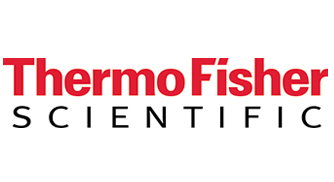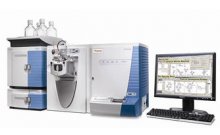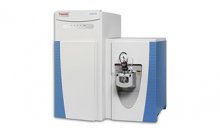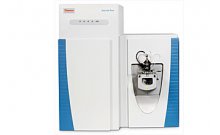三重四级杆GC-MSMS结合程序升温和反吹技术测定柠檬油中的农药残留
摘要:
International regulations on maximum residue levels (MRLs) of pesticides in food cover hundreds of individual contaminants at the 10 ppb or below range. With more than 500 regulated pesticides that can be analyzed using gas chromatography-mass spectrometry (GC/MS) and the large number of food/agricultural samples there is a large number of samples that must be tested.
The analysis of citrus oil for pesticide contamination holds specific challenges. Pesticides that are used on the citrus crop are concentrated along with the matrix in this oil. This matrix is known for its high boiling point components. Complicated methods have been developed to deal with this. Many of these include long sample preparation or significant work on the instrumentation to deal with the contamination.
This application describes the analytical methodology for fast multi-residue determination using the unique timed selected reaction monitoring (timed-SRM) capabilities of the Thermo Scientific TSQ Quantum XLS triple quadrupole mass spectrometer. The function of timed-SRM allows the operator to easily setup methods and run samples while the instrument automatically determines the optimal time for SRM parameters. Using the unique and simple backflush capability of the Thermo Scientific TRACE GC Ultra with programmable temperature vaporizing inlet (PTV) removes all high boiling point contamination before it damages any part of the analytical system. The system of the TRACE GC Ultra™ and the TSQ Quantum XLS™ GC-MS/MS allows for the analysis of more than 40 pesticides in citrus oil with minimal sample preparation.
仪器:
结论:
The use of PTV with backflush allowed the development of a method with very little sample preparation. Backflush of the PTV kept all of the high-boiling-point contamination from reaching any part of the analytical system, reducing maintenance. It also provided an increased sample throughput by decreasing time needed for sample or system cleanup. The timed-SRM function of the TSQ Quantum XLS provided the most efficient use of the instrument time, only monitoring the expected SRMs when needed. The timed-SRM function provided the precision needed for the low level analysis of pesticides in citrus oil.




